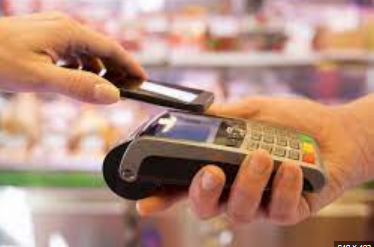Reclaim Your Data Value

In today’s digital age, data is often compared to oil—a valuable resource driving our modern economy. Yet, as individuals, we seldom reap the benefits of our own data, while companies profit immensely from it. Understanding the value of your data and how you can potentially cash out information usage fees can be a game-changer in reclaiming some of that lost value.
Data is gathered from our daily online activities, from social media interactions to purchase histories. These data points are aggregated to create detailed profiles, which businesses use for targeted marketing, product development, and strategic planning. But what if individuals could monetize their data? By gaining insights into how much your data is worth and ways to capitalize on it, you open new avenues for personal revenue.
Firstly, recognizing the significance of your data is crucial. Every digital footprint you leave contributes to a massive data ecosystem. By understanding this, you can begin to take control of your data. Companies are beginning to offer platforms where users can sell their data directly to interested parties, ensuring transparency and giving individuals a share of the profits.
Secondly, participating in data marketplaces is becoming increasingly feasible. These platforms act as intermediaries, allowing you to share your data with companies willing to pay for insights. This not only empowers you to manage your data but also provides a sense of ownership and responsibility over your personal information.
Lastly, advocating for fair data usage policies can amplify your voice as a data stakeholder. By supporting regulations that require companies to compensate users for their data, you contribute to a more equitable digital environment.
In conclusion, the opportunity to reclaim data value by Cashing out small payments (소액결제 현금화) information usage fees is on the horizon. By taking proactive steps, individuals can transform from passive data generators to active participants in the data economy. This shift not only empowers individuals financially but also encourages a more balanced relationship between consumers and companies in the digital age.